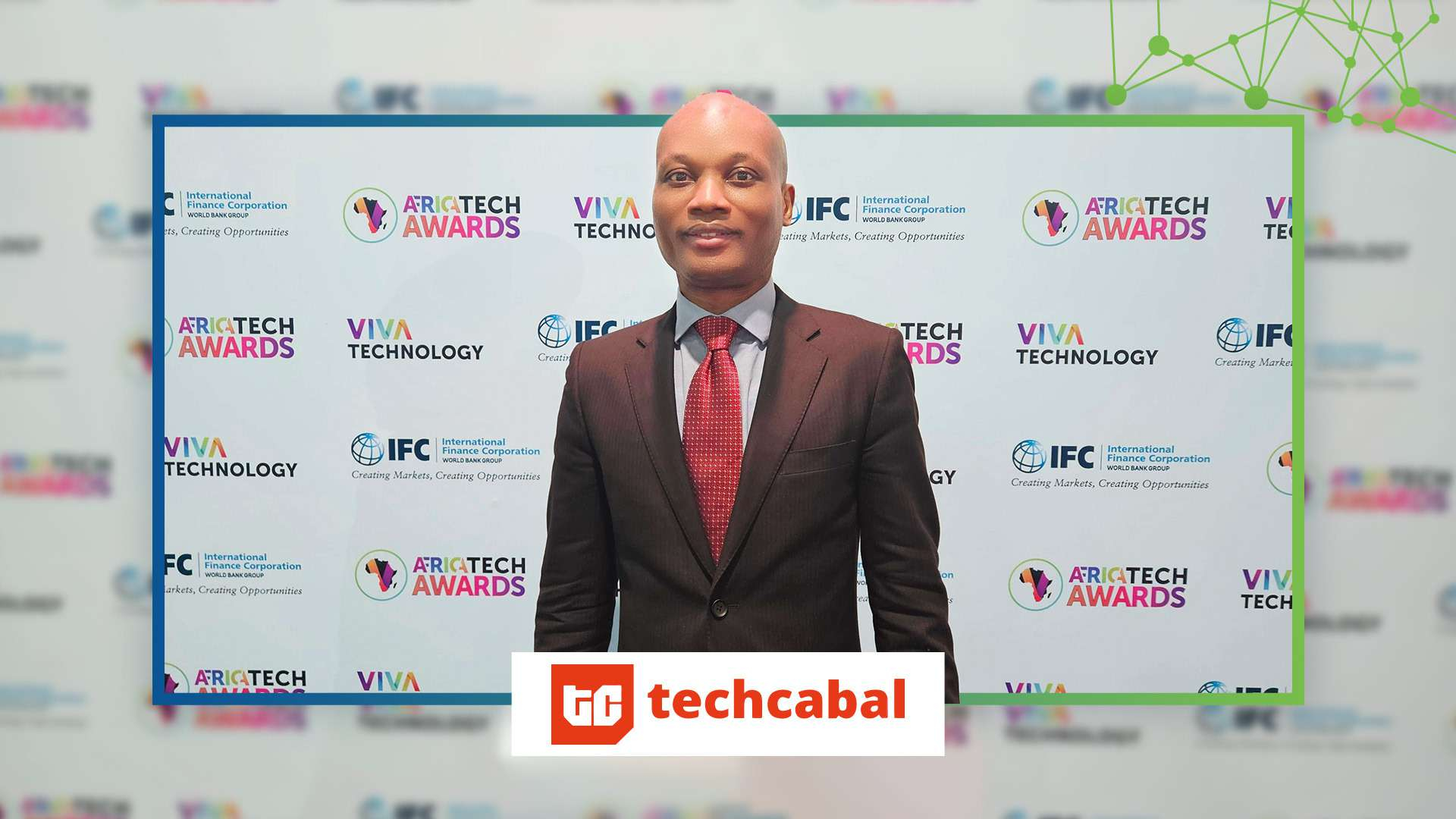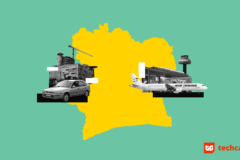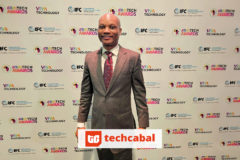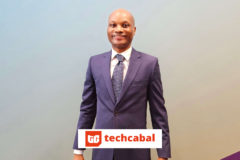This guest post was contributed to TechCabal by Noel K. Tshiani.
Noel K. Tshiani, founder of Congo Business Network, is convinced that American business angels and venture capital firms have promising investment opportunities at their fingertips: French-speaking Africa. He advocates for a smart partnership strategy that involves working with local organisations that have a deep understanding of the region’s unique business dynamics and access to a vast network of decision-makers in the public and private sectors in a specific country. That is how US investors can easily and confidently navigate any perceived cultural, risk, or language barriers and position themselves for profitable investments in this emerging continent.
While Silicon Valley remains the heart of innovation and venture capital activities in the United States, a vibrant yet under-appreciated treasure trove of potential awaits discovery in another continent: the thriving tech ecosystems in francophone Africa. This region, which includes countries such as Senegal, Côte d’Ivoire, Cameroon, and the Democratic Republic of Congo (DRC), is home to rising tech ecosystems with immense potential. Despite its booming entrepreneurial spirit and thriving startup culture, the region remains little known and is often overlooked by American investors due to prevailing misconceptions and a few challenges that can be overcome with strategic partnerships.
Let us start with the elephant in the room: the language barrier. Yes, English is the de facto language of international business, and it is true that Nigeria, Kenya, Ghana, and South Africa are English-speaking countries. But let us not forget that French is also a global language.
According to the International Organisation of La Francophonie, it was estimated that there were 321 million French speakers in the world in 2022, of which 270 million are native speakers and 51 million are non-native speakers. As the fifth most spoken language worldwide, French is the recognised official language in 29 countries, a list that includes territories from Africa and Europe to the Americas, the Caribbean, and Australia. Yet, it is in Africa where French resonates most profoundly, having been adopted as the official language in 21 countries.
Overcoming the language barrier is as simple as recognising the value of being bilingual in global business and encouraging linguistic diversity within investment teams in San Francisco and New York. Finding local partners can also help to bridge potential communication gaps. Second, a perceived lack of market data often deters investors. It is no secret that comprehensive market information can be harder to find in emerging markets. Rather than a barrier, however, this should be seen as an invitation to become a pioneering, hands-on investor. American investors have the resources and capabilities to conduct in-depth research, partner with local firms, seek advice from organisations such as Congo Business Network, and use new technologies to accurately assess the market.
Another deterrent is the myth of political instability. While it is true that parts of Africa face political challenges, it is important to remember that Africa is not a monolith, but a continent of 54 different countries. Francophone Africa is made up of diverse nations, each with its own unique socio-political climate. Many countries in the region, such as Senegal and Gabon, have demonstrated steady economic growth and political stability. One real obstacle standing in the way is the issue of regulatory complexity. Multiple jurisdictions, each with its own set of rules, create a regulatory environment that can be difficult to navigate. The answer lies in partnering with local firms, business networks, and market entry consultants who understand the local landscape.
While challenges exist, the reward potential of investing in francophone Africa is extraordinary. This region represents a reservoir of creativity and innovation, adept at addressing indigenous needs with unique, scalable tech solutions that have wider market adaptability from Kinshasa and Abidjan, to Dakar. The rise of successful startups like Wave Mobile Money and MFS Africa, two standout fintech companies operating in Senegal and the DRC, underscores this burgeoning potential. And as the world becomes increasingly digital, the region is ripe for disruption in various sectors, from fintech and agritech, to medtech. Coupled with a young, dynamic population eager to embrace technology advances, this is fertile ground for high-growth tech startups.
Finally, let us not forget that challenges often signal untapped opportunities, whether in the US or Europe. Yes, investing in francophone Africa requires a pioneering spirit, patience, and commitment to overcome some of the perceived obstacles. But it is in such landscapes that the seeds of the most extraordinary venture capital firms can be planted for massive returns. My message to American business angels and venture capital firms is to broaden their horizons by exploring new territories. By engaging more deeply with francophone Africa, they can diversify their investment portfolios, boost global innovation, and contribute to transformative change in a region full of potential for tech startups.
Let us embark on a journey of dispelling the myths and misconceptions that surround investing in francophone Africa, encouraging a fearless dive into this vibrant ecosystem ripe with opportunities, particularly in sectors like finance, education, and agriculture in the DRC, a country of 100 million people. The prospect of unearthing untapped growth potential is ripe for the picking. And, remember, tech startups in francophone Africa are not merely recipients but key contributors, brimming with innovative ideas and solutions. In the world of global investments, the road to francophone Africa is one worth exploring, for the rewards you stand to gain and the significant impact these thriving tech startups can make in our interconnected world of business.





















